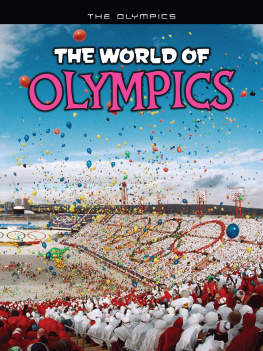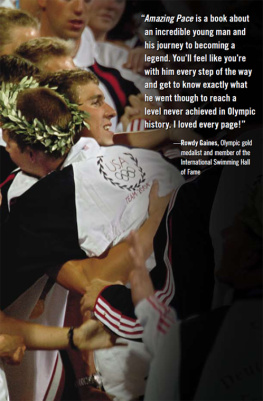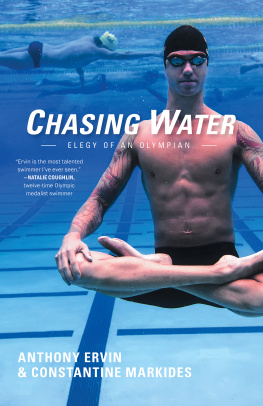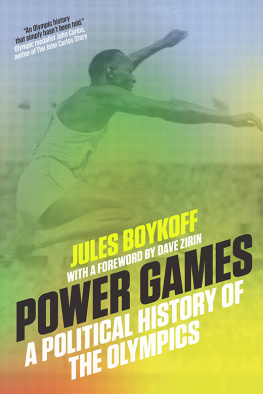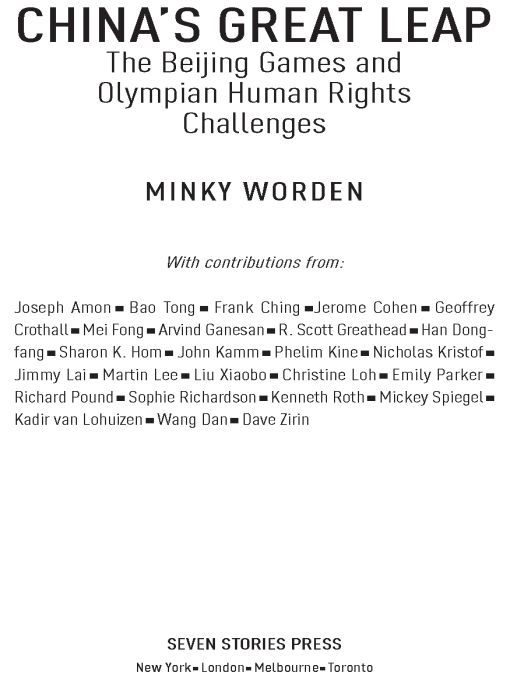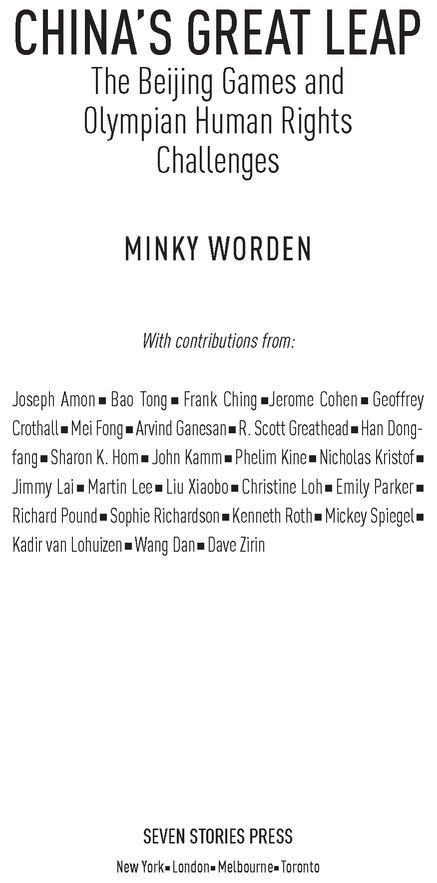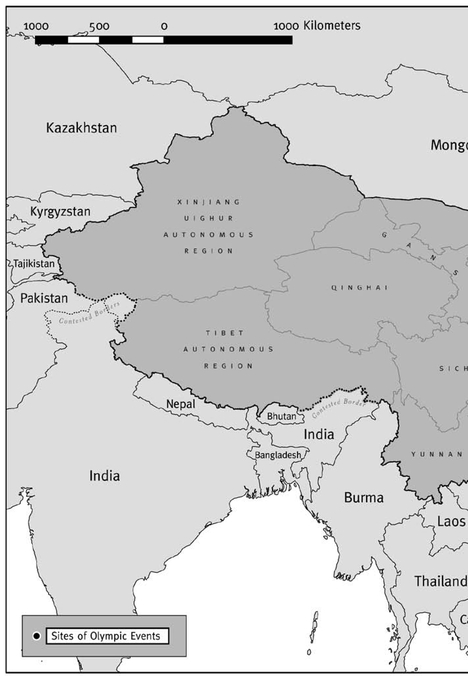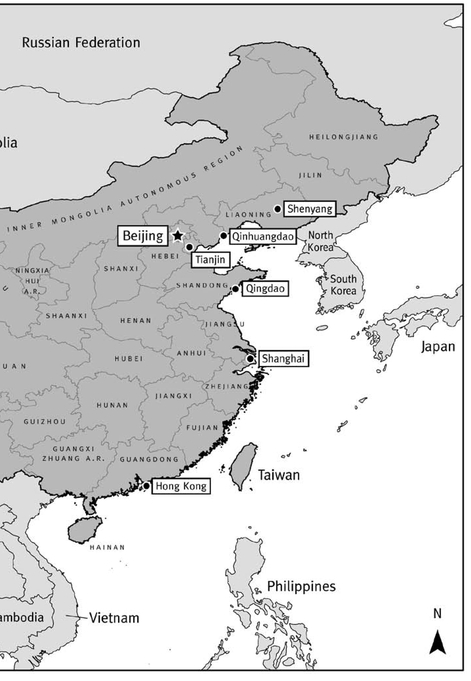Table of Contents
FOR MY FATHER AND MOTHER, who met at a badminton tournament, and who let me go to China over their very sensible objections.
I very openly criticize the tendency to use culture for the purpose of propaganda, to dismiss the true function of art and the intellect. It is not opposition to the state, but rather in fighting for individualism and freedom of expression, freedom of human rights and justice. If you read newspapers today you see the problems created by this structure and by the effort to maintain power. It is against everything that human society should be fighting for.
AI WEWEI, designer of the Beijing National Stadium, known as the Birds Nest, interviewed by The Guardian on his decision not to attend the opening ceremony of the Beijing Games. Ai Weiwei has said that his perspective as an artist is shaped by the trauma millions of Chinese suffered during the Cultural Revolution, when Ais father, the poet Ai Qin, was forced into exile, and to clean public toilets during the Chinese Communist Partys purge of writers and intellectuals.
Map of China
ACRONYMS AND ABBREVIATIONS
| API | Air Pollution Index |
| BOCOG | Beijing Organizing Committee for the Olympic Games |
| CCP | Chinese Communist Party |
| CCTV | China Central Television |
| CNPC | China National Petroleum Corporation |
| CPJ | Committee to Protect Journalists |
| CPL | Criminal Procedure Law |
| DPRK | Democratic Peoples Republic of Korea |
| HIV/AIDS | Human Immunodeficiency Virus / Acquired Immunodeficiency Syndrome |
| HRIC | Human Rights in China |
| ICCPR | International Covenant on Civil and Political Rights |
| IOC | International Olympic Committee |
| NATO | North Atlantic Treaty Organization |
| NGO | Nongovernmental organization |
| NOC | National Olympic Committee |
| NPC | National Peoples Congress |
| PRC | Peoples Republic of China |
| RELC | Reeducation-through-labor Center |
| RTL | Reeducation through Labor |
| SARS | Severe Acute Respiratory Syndrome |
| SEPA | State Environmental Protection Administration |
| SPC | Supreme Peoples Court |
| TOP | The Olympic Partner program, the highest level of corporate sponsorship (TOP sponsor) |
| UDHR | Universal Declaration of Human Rights |
| WHO | World Health Organization |
INTRODUCTION
A Lever for Change in China
BY NICHOLAS KRISTOF
NICHOLAS KRISTOF, a New York Times columnist and former Beijing bureau chief, won a Pulitzer Prize in 1990 with his wife Sheryl WuDunn for their reporting on the 1989 Tiananmen Square democracy movement. He was awarded a second Pulitzer Prize in 2006 for his commentaries on Darfur. He is the author with Sheryl WuDunn of China Wakes: The Struggle for the Soul of a Rising Power (1998) and Thunder from the East: Portrait of a Rising Asia (2001).
Chinese is a language of elegant four-character expressions redolent of history and culture. Yet it is also enriched by earthy rural vulgarities, like one that peasants use to express skepticism about Potemkin Villages and government propaganda efforts to make everything look beautiful for foreigners. The Chinese expression goes like this: lu fen danr, biaomianr guang (on the outside, even donkey droppings gleam).
A peasant vulgarity is perhaps an inappropriate welcome mat for a book full of wise commentary by leading experts on China. But all of China will appear buffed and shiny for the 2008 Olympics. Most of that will be real, and the lavish new high-rises are a tribute to an economy that has lifted more people out of poverty more quickly than any in history. Interspersed with the many genuine triumphs will be donkey droppings. The challenge for the outsiders facing all that dazzle will be to figure out what is what.
The 1964 Tokyo Olympics were the coming out party for Japan on the international stage, and the Seoul Olympics in 1988 filled the same role for South Korea. China is not a new powerit has dominated the world economy for most of the last 3,000 yearsbut it suffered a calamitous period in the nineteenth and twentieth centuries and sees the Olympics as its moment to regain international respect.
Unfortunately, countries sometimes preen and seek international respect in strange ways. The Mexican government tried to suppress unrest ten days before the opening of the 1968 Olympics by shooting students, in what came to be known as the Tlatelolco massacre. South Korean forces initially clubbed and imprisoned protesters before the 1988 Seoul Games. (One student told me in an interview in 1987 that the South Korean president was a dictator; the president proved the students point by imprisoning him.)
When China first sought the Summer Olympics, for the year 2000, the International Olympic Committee made an inspection of Beijing in March 1993 to evaluate the bid. My wife and I were living in China then, and we saw how the Communist Party left nothing to chance. Factories were closed down so that the air would be cleaner. Electricity was shut off in neighborhoods that the delegation wouldnt visit, to ensure that there could be a double-dose of electricity around the stadiums. Every taxi was ordered to buy and display a Beijing 2000 bumper sticker. The homeless were shipped out of town, and neighborhood committees were ordered to beautify their districts.
So before the International Olympic Committee visit to Beijing, there was a knock on the door at the home of Wang Chaoru, a forty-one-year-old mentally retarded man. The Wangs lived in a working-class area in southern Beijing, far from the sports venues that the Olympic delegation was going to visit, and it is hard to see how Wang Chaoru could have harmed things. But the neighborhood committee had orders to make everything perfect, and perhaps the head of the committee feared that he might wander out to a main street and gawk in an awkward manner as the Olympic visitors limousines hurtled by. So the head of the neighborhood committee and two policemen arrested Wang Chaoruwithout an arrest warrant or any other document, and without any suggestion that he had ever broken any law.
I dont want to go, Wang cried out, as his mother later recounted. Mama! Papa! He tried to hide, but the policemen dragged him away. (The full story is in China Wakes, the book I wrote with my wife, Sheryl WuDunn.) Then, just hours before the Olympic visitors actually touched down in Beijing, the police beat Wang Chaoru to death. His parents were allowed to view the body, which was covered with blood and bruises, and then the police officials invited them to a hearty lunch to make things upthe parents couldnt touch the food, of course. Finally the officials handed the parents 5,000 yuanthe equivalent of about 600 dollarsand told them to keep quiet.


